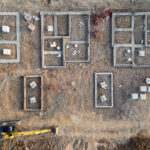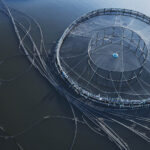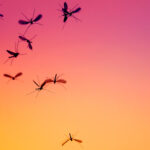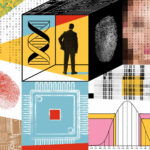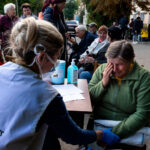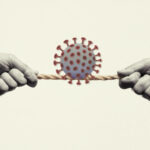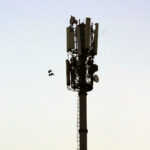Abstracts: Doctor Strike in Haiti, Dependence on Pesticides, and More
• Haiti’s doctors have gone on strike, causing chaos amid a cholera epidemic, rising malnutrition and the outbreak of Zika. (Maimi Herald)
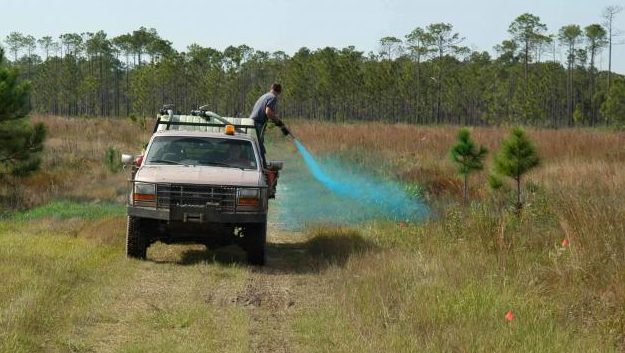
The world has become dependent on pesticides to grow agriculture, but there may be ways to lessen our dependence. (Visual by U.S. Fish and Wildlife Service/Public Domain Images)
• We have become dependent on agricultural pesticides in order to feed the world. But some researchers are starting to understand the dangers of pesticide dependence, and how we can cut back. (Vox)
• After a fatal accident caused by Tesla’s autopilot mode, engineers wonder if a perfectly safe system is even possible. (FiveThirtyEight)
• Storing electricity is difficult and often done with water, but a one company has a new way that comes straight out of a Greek tragedy.(The Economist)
• The Bonneville Salt Flats draw artists, physicists and those who want too test land-speed records. But so much use has caused irreparable damage to the flats and the landscape might not have much time left. (Salt Lake Tribune)
• The restaurant Clover composts all of its leftover food and uses only bio-degradable utensils, cups and plates. That’s why Clover’s owner was so upset when he learned that much of the compost was actually going to the dump without his knowledge, and he learned he was part of a much bigger, more complicated recycling system. (Boston Globe)
• After five years, NASA’s Juno satellite will finally begin orbiting Jupiter today. (New York Times)
• Drought, climate and pests have killed 66 million trees in California, and the state has nowhere to put them. (San Francisco Chronicle)
• A new study confirms a long-held belief that early medical professionals dissected the bodies of dead infants that they obtained both legally, and illegally. (STAT)
• And finally, some good climate news: A 1987 global treaty agreed to ban chlorofluorocarbons, which caused a hole to form in the ozone above Antarctica. Researchers can now confirm that the treaty worked, and the hole in the ozone is shrinking. (Scientific American)


